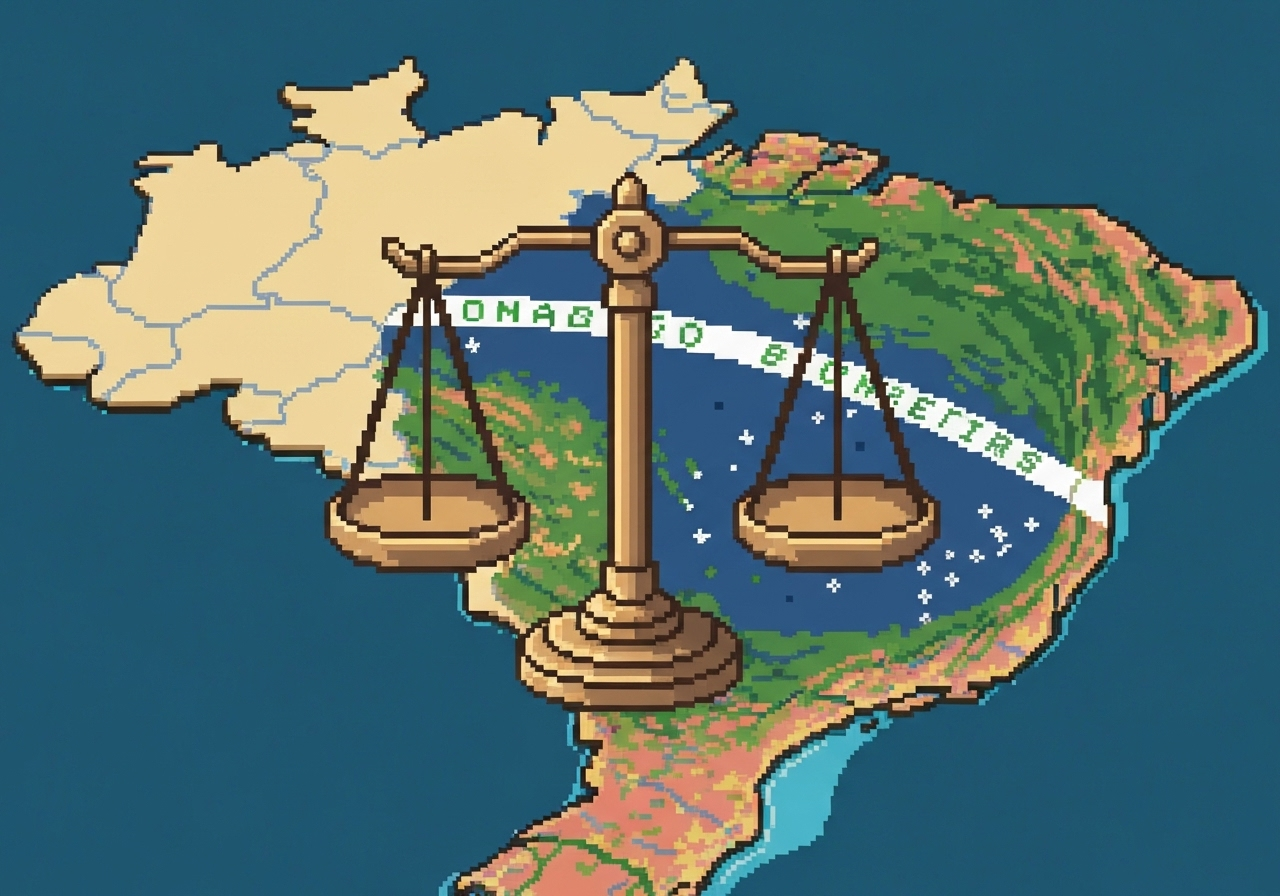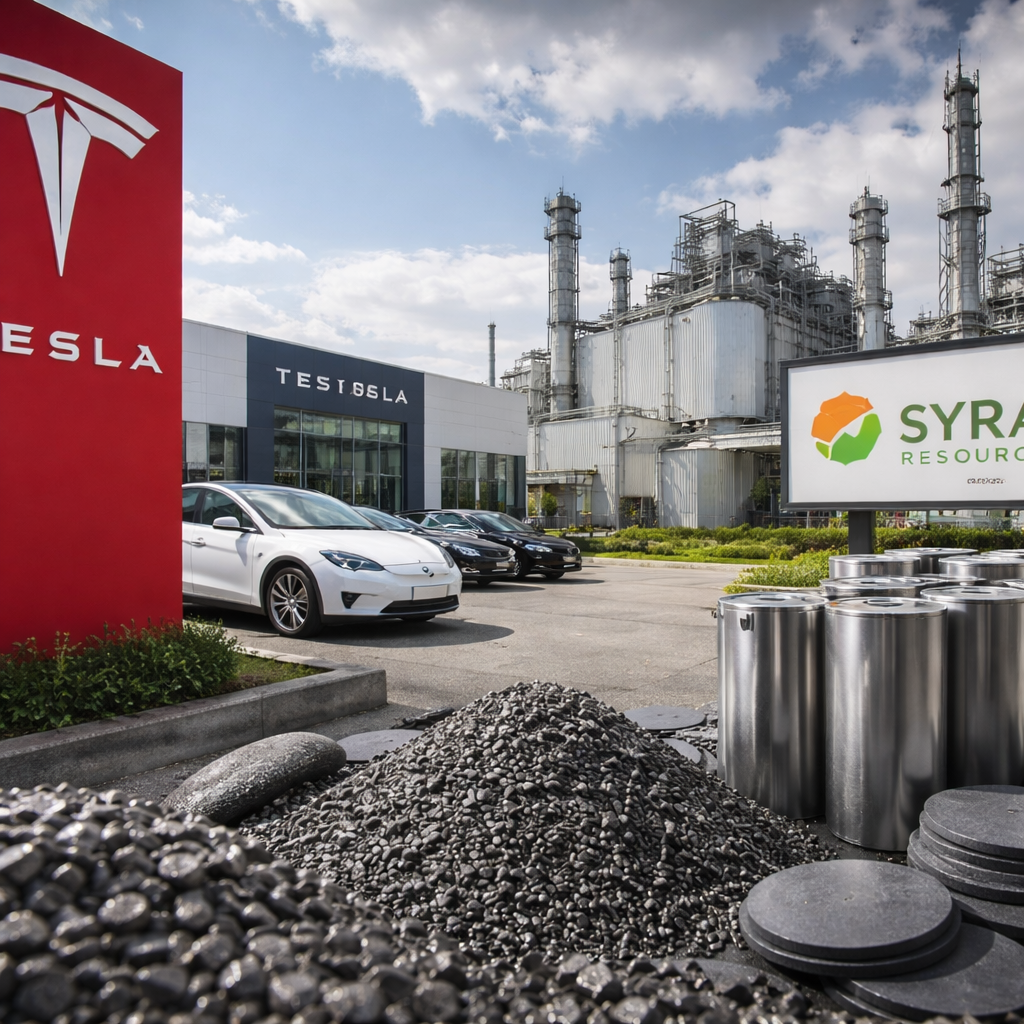Key Highlights
Here’s a quick look at the historic case against Volkswagen in Brazil:
- Brazil’s labor court has ordered Volkswagen to pay $30 million in compensation for severe labor abuses.
- The ruling addresses the slave-like conditions suffered by hundreds of workers on a company-owned farm in the Amazon between 1974 and 1986.
- The penalty represents the largest payment for collective moral damages of this kind in the country’s history.
- Volkswagen’s Brazilian headquarters has announced its intention to appeal the court’s decision.
- The case highlights a dark chapter of labor exploitation involving debt bondage and degrading conditions.
Introduction
A Brazilian court said Volkswagen must pay $30 million due to its involvement in slave labor during the 1970s and 1980s. This is a major decision, not only for the company. It forces people to think about Brazil’s past and how labor relations have been shaped since then. The case shows how severe the abuses were in those years. It raises big questions about how companies use people, what their actions mean, and how the shadows of slave labor still linger in Brazil today.
Exposing Volkswagen’s Labor Abuses in Brazil

The prosecutor’s office launched an investigation that uncovered shocking details about a Volkswagen-owned farm in the Amazon. Workers there endured extremely harsh conditions. Evidence shows they were forced into debt bondage, a form of modern slavery.
This abuse is one of the most notorious cases of its kind in Brazil’s recent history. Workers were brought in to clear large sections of forest. But soon, they found themselves trapped in a harsh system of control and loss. This was nothing like the project had promised, nor what many thought would be a path to better opportunities for those employed there.
The Legal Ruling and $30 Million Compensation

Brazil’s labor court’s decision to fine Volkswagen $30 million is a major step toward justice. Prosecutors said this is the largest compensation for collective moral damages ever in Brazil. The labor court wants everyone to know that past wrongs—even those committed decades ago—are not forgotten.
Judge Otavio Bruno da Silva Ferreira ruled that Volkswagen, acting as a legal entity, was responsible for the farm where conditions met the legal definition of slave labor. His ruling shows the court is serious about holding corporations accountable for past actions.
Impact on Volkswagen and Its Response
Volkswagen’s Brazilian headquarters has said the company will appeal the court’s decision. It insists that it has always respected the principles of human dignity and complied with labor laws throughout its 72 years of operation in Brazil.
In its statement, Volkswagen said:
- It plans to appeal the $30 million ruling.
- It has an “unwavering commitment to social responsibility.”
- It has always strictly followed applicable labor laws.
Still, the court’s ruling brings enormous scrutiny and pressure on Volkswagen in Brazil. The company claims it is not responsible for what happened at the Pará ranch, but admits collaborating with the military government at other plants in the past.
How Volkswagen handles this appeal will be crucial. People will watch closely to see if it truly upholds the principles of human dignity and demonstrates genuine social responsibility.
Conclusion
In the end, what happened with Volkswagen in Brazil reveals a dark moment for workers. There was widespread injustice and abuse of labor rights. The $30 million payment is more than a courtroom victory—it is a significant step toward making corporations more accountable for how they treat people.
This ruling shows how much past actions matter. It reminds us that companies must treat workers fairly. As consumers, we should pay attention to what companies do and support those that show respect and care for human rights.




